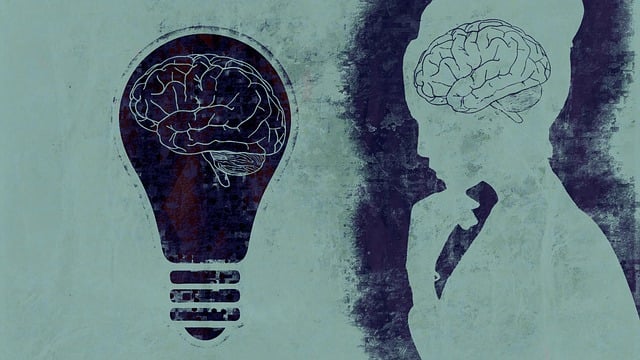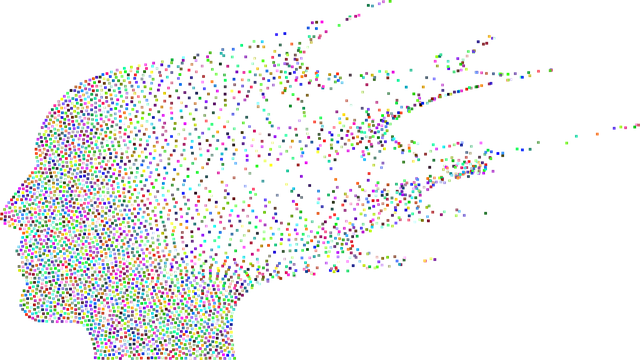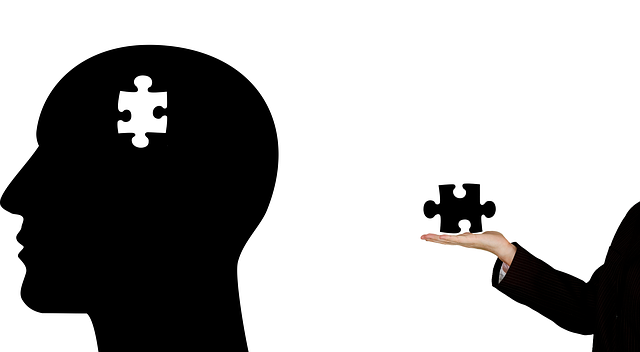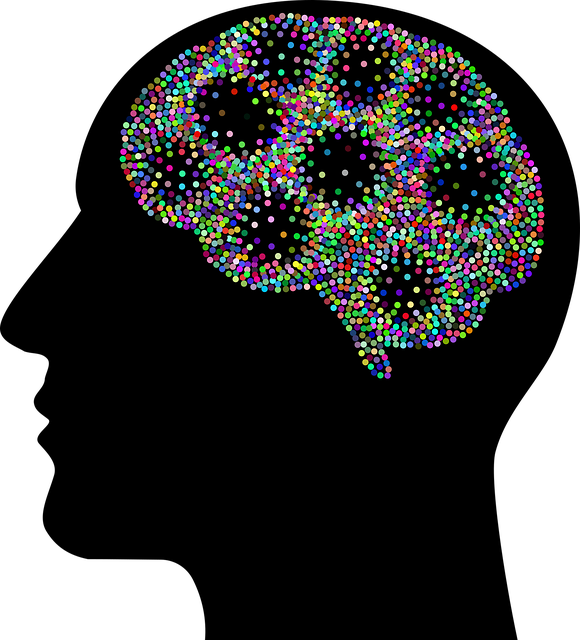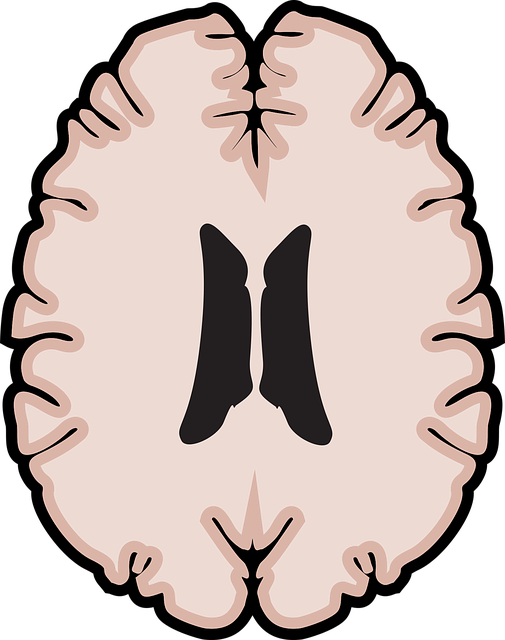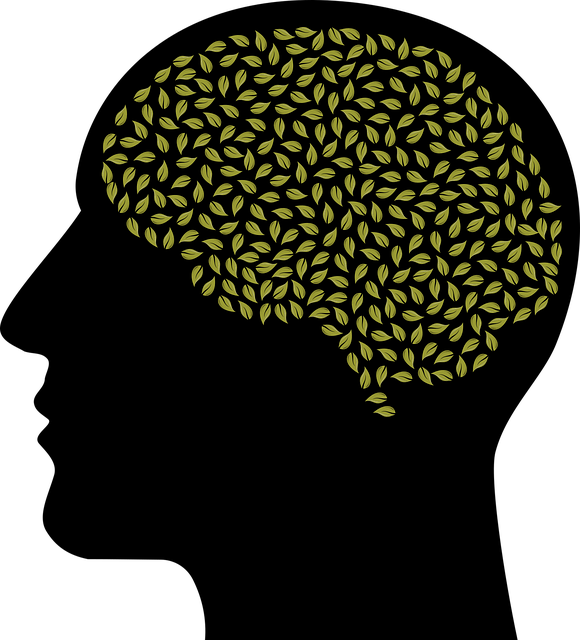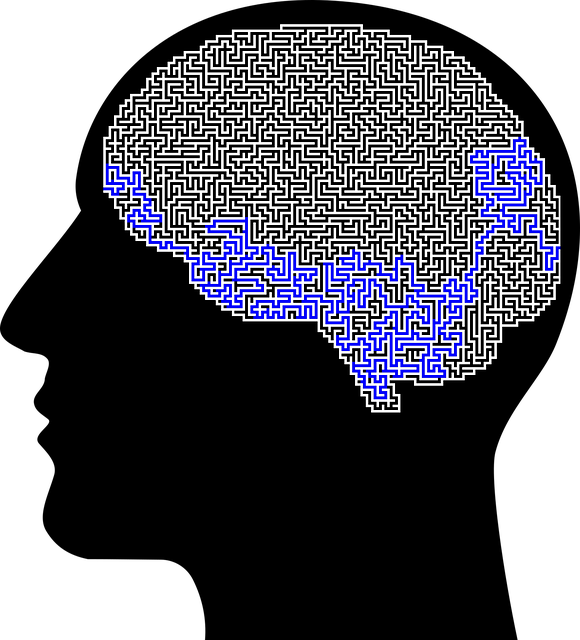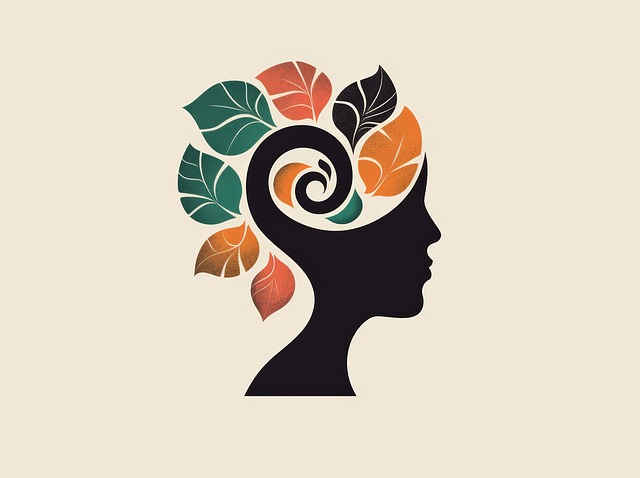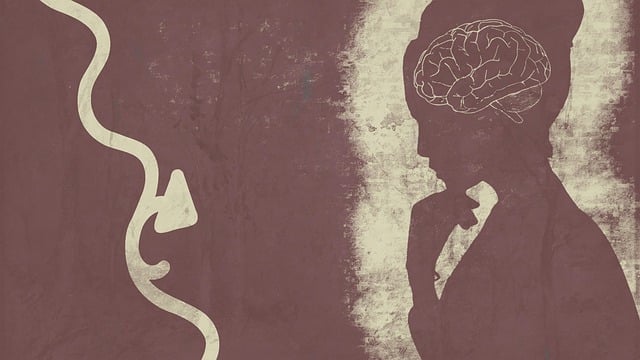Adolescence brings significant physical, emotional, and cognitive changes often marked by increased stress and anger, influenced by academic pressures, peer dynamics, identity formation, and family relationships. Therapy serves as a vital tool, providing safe spaces to express emotions and teach healthy coping mechanisms like mindfulness, relaxation techniques, conflict resolution skills, and communication strategies. These tools empower teens to manage stressors effectively and express anger constructively, promoting positive relationships and well-being. Unmanaged anger can lead to destructive behaviors, highlighting the critical need for effective anger management strategies in therapy for adolescent teens, which address hormonal changes and cognitive developments through crisis intervention and mindfulness meditation.
“In today’s fast-paced world, managing stress and anger is a vital skill for adolescent teens. This comprehensive guide delves into the complex landscape of teenage stress and its underlying causes. We explore effective therapy approaches tailored to address anger management issues prevalent in this demographic. From understanding the triggers to implementing practical techniques, this article equips parents and educators with tools to support teens’ emotional well-being. Discover actionable strategies that can revolutionize how we navigate and mitigate adolescent stress.”
- Understanding Adolescent Stress and Anger: Unveiling the Root Causes
- Practical Stress Management Techniques for Teens
- Anger Management Strategies: Empowering Teens to Find Calm
Understanding Adolescent Stress and Anger: Unveiling the Root Causes

Adolescence is a period of significant physical, emotional, and cognitive development, often accompanied by heightened stress levels and expressions of anger. Understanding the root causes of adolescent stress and anger is crucial in developing effective management strategies. Many factors contribute to this complex issue, including academic pressures, peer relationships, identity formation, and family dynamics. Adolescents may struggle with feeling understood or lacking the necessary coping mechanisms to navigate these challenges healthily.
Therapy plays a vital role in addressing adolescent stress and anger by providing a safe space for them to express their emotions and learn healthy outlets. Through therapy, teens can develop confidence-boosting strategies, such as mindfulness practices and relaxation techniques, to manage their stress levels. Additionally, conflict resolution techniques and communication strategies are essential tools that help adolescents navigate interpersonal challenges with more constructive approaches. By gaining these skills, they become better equipped to handle stressors and express their anger in a way that promotes positive relationships and overall well-being.
Practical Stress Management Techniques for Teens

Teens today face a unique set of challenges that can contribute to stress and anxiety. From academic pressures to social media demands, learning effective stress management techniques early on is essential. One practical approach for adolescent teens is mindfulness training, which helps them cultivate present-moment awareness and regulate their emotions. Simple breathing exercises and guided meditations can be powerful tools to combat stress and anger management issues.
Additionally, therapy sessions specifically tailored for teenage clients offer a safe space to explore and express feelings. Cognitive behavioral therapy (CBT) is widely recognized as an effective method for managing stress and preventing burnout. By teaching teens how to identify and challenge negative thought patterns, CBT empowers them with coping strategies to navigate stressful situations. Incorporating self-care practices like regular exercise, adequate sleep, and setting boundaries can also significantly contribute to overall well-being and resilience against stress-related issues, including anger management problems.
Anger Management Strategies: Empowering Teens to Find Calm

Anger is a powerful emotion that, when left unmanaged, can lead to destructive behaviors and even escalate into violence. For adolescent teens, learning effective anger management strategies is crucial for their emotional well-being and overall development. Many young individuals struggle with controlling their temper, often due to the hormonal changes and cognitive developments occurring during this stage of life. This is where therapy for adolescent teens can play a pivotal role in teaching them healthy coping mechanisms.
Incorporating crisis intervention guidance into anger management programs empowers teens to recognize and regulate their emotions. Techniques such as mindfulness meditation have been shown to reduce symptoms of mental illness, including anger-related disorders. Through these practices, teens learn to observe their thoughts and feelings without judgment, fostering a sense of calm and emotional awareness. By addressing the root causes of anger and providing effective tools for management, therapy can help break down the barriers created by stigma reduction efforts, enabling young people to lead happier, more balanced lives.
Stress and anger are common challenges faced by adolescent teens, but with the right tools, they can learn to manage these emotions effectively. By understanding the root causes of stress and anger, teens can begin to employ practical stress management techniques and anger management strategies. These skills not only help in navigating the complexities of adolescence but also serve as valuable assets for their overall well-being and success in therapy for adolescent teens’ anger management.
